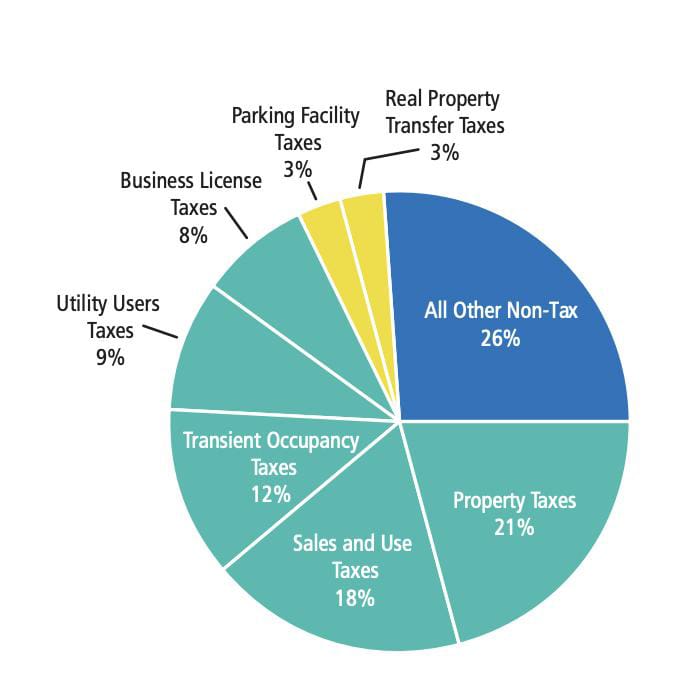In response to growing concerns over traffic safety following the recent death of a cyclist in the Wilmont neighborhood, Council has begun exploring an increase to the parking facility tax to potentially fund a variety of road safety programs.
At their Dec. 19 meeting, council voted 6-0 (Councilmember Oscar de la Torre was absent) tasked the city manager and city attorney with assessing the potential impact of the proposed tax increase and engaging in discussions with the California Coastal Commission. Additionally, they will conduct polls and community consultations to gather input before presenting a comprehensive plan to the council at a later date.
The City has charged a 10% tax on parking since 1993. Last year the tax generated $11,370,000. According to the City, the revenue from parking sources was among the hardest hit City revenue sources during the pandemic with revenues dropping by almost 40%. Officials said they don’t expect parking revenues to reach pre-pandemic levels until 2024/25.
Councilmembers Jesse Zwick, Gleam Davis and Caroline Torosis asked for the discussion to "restore the Safe Routes to School program and fund safety-enhancing street infrastructure to protect children, elderly and disabled residents, hire additional school crossing guards and traffic enforcement officers, and address deferred maintenance needs of the City’s downtown parking structures."
The request comes as road safety has emerged as a hot topic locally. Tania Mooser died at 19th and Idaho in October and Paul Postel survived a crash at the same place albeit with four broken and two bruised ribs. That intersection, like many in the neighborhood, was a two-way stop sign, not a four way stop and the incidents prompted a conversion to a four-way stop alongside other efforts.
In supporting the proposal, resident Andrew Allison said current streets force parents to make choices about how to safely transport their children that pits short but dangerous bike trips against even shorter car rides.
"I’m writing in support of Item 16D. I’m grateful for your recent action in the wake of the tragedy on Idaho Avenue. My in‐laws, who live on that corner, have reported that the new stop sign has transformed the street," he wrote in a letter. "Cars no longer cut through the intersection at high speed. Anxiety about crossing the street — and anxiety on behalf of others approaching the intersection — has dissipated. It is evidence of how quickly we can improve safety and well‐being if we simply act to implement practices that have been proven to work elsewhere in our community and around the world. The improvement at Idaho and 19th is also a reminder of how much more we have the power to do — of how many more trips in our community still bring anxiety and risk for pedestrian, cyclists, and drivers. Item 16D will help us mitigate those needless risks before other tragedies occur."
Councilman Zwick said the city should do more but was constrained by a lack of funding citing a reduction in staff dedicated to transportation efforts.
"There’s a number of factors that make it hard to move quickly but one of the biggest right now for us is simply one of resources," he said.

Councilwoman Torosis said the tax was an elegant solution to fund important programs.
"I think that we have all stated that ‘safety first’ right? We want to ensure that we have safe streets that are bikable that are walkable, that folk that our most vulnerable populations, our children, our seniors or disabled populations are able to safely get to and from their destinations."
Mayor Brock said he’d support the study but said he was hesitant about raising taxes.
"So a lot of the needs from bike rodeos to all the other things that are needed can be accomplished through our existing financial resources," he said. "I’m going to repeat again that I’m very hesitant to keep dipping into residents’ pockets who are already impacted by many other things and visitors’ pockets. I don’t want people to have to pay $15 or $20 to go to the beach. It is a public resource. It is a state owned resource."
Zwick said he was aware of the concern over overall cost but said the impact on individuals parking in the city would be negligible but the combined funding for programs would be significant.
matt@smdp.com

